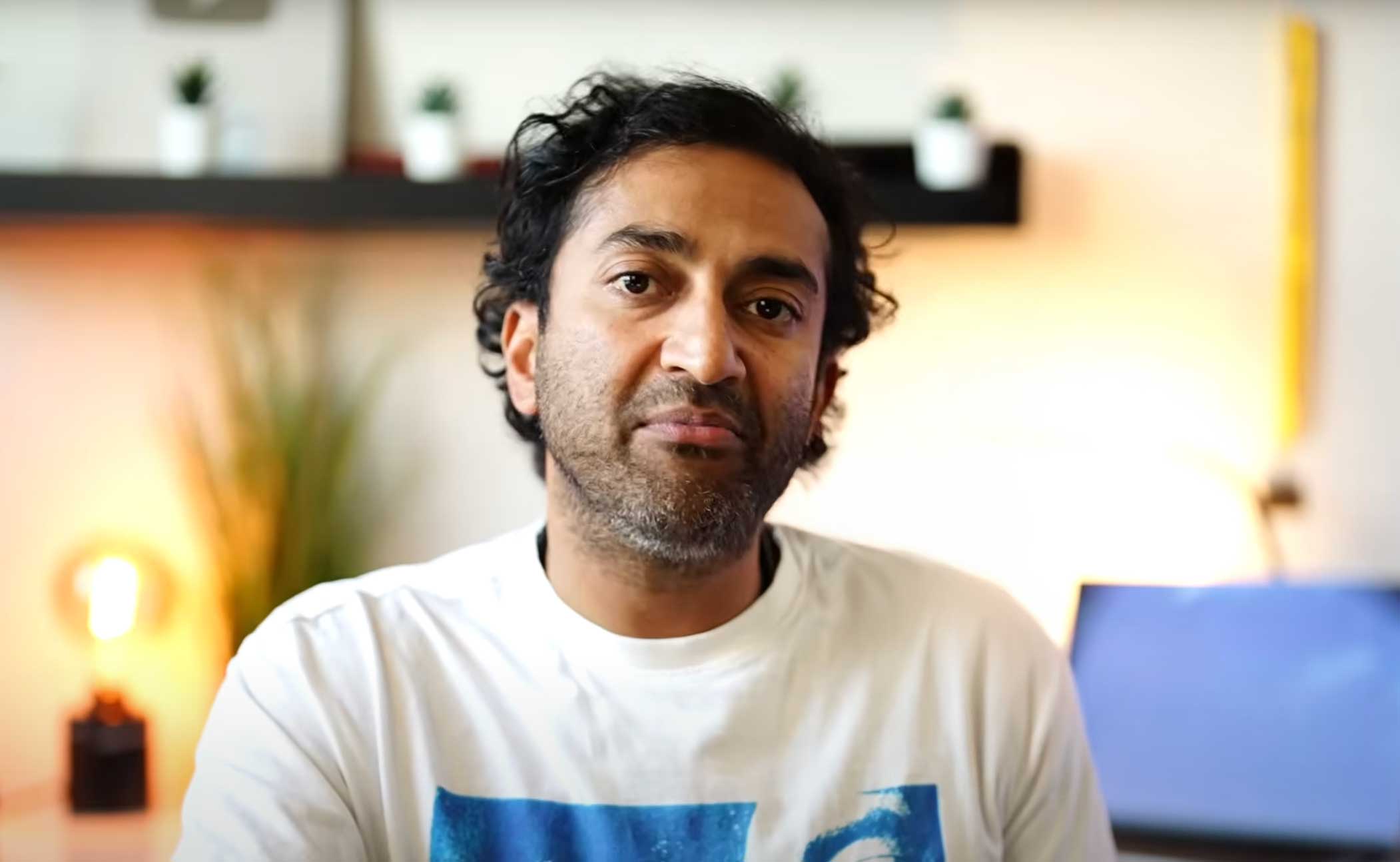Trump says COVID-19 vaccine will be widely available by April but not to New York due to Cuomo's restrictions
President Trump, in his first public remarks since President-elect Joe Biden was projected the winner of the election, said the COVID-19 vaccine could be widely available as soon as April, but not in New York — due to Governor Andrew Cuomo's restrictions.
Cuomo has said he won't take the Trump administration's word for it that the vaccine is safe, so he's appointed his own panel to approve it. Several other states are taking the same action.
"As soon as April, the vaccine will be available to the entire general population, with the exceptions of places like New York state where, for political reasons, the governor decided to say, and I don't think it's good politically, I think it's very bad from a health point, but he wants to take his time on the vaccine, he doesn't trust where the vaccine's coming from," Mr. Trump said. "... We won't be delivering it to New York until we have authorization to do so, and that pains me to say that."
In response, Cuomo said on CNN on Friday "to the extent the president was politicizing the process, he lost the election. I think everybody knows that. I don't think the FDA is going to play games at this point. So I don't anticipate any real issue."
New York Attorney General Letitia James fired back as well, saying "this is nothing more than vindictive behavior by a lame-duck president trying to extract vengeance on those who oppose his politics."
Mr. Trump tweeted about vaccines and New York again on Saturday morning, blaming Cuomo for any potential delay.
"I LOVE NEW YORK! As everyone knows, the Trump Administration has produced a great and safe VACCINE far ahead of schedule. Another Administration would have taken five years. The problem is, @NYGovCuomo said that he will delay using it, and other states WANT IT NOW," Mr. Trump, a native of New York, wrote. "We cannot waste time and can only give to those states that will use the Vaccine immediately. Therefore the New York delay. Many lives to be saved, but we are ready when they are. Stop playing politics!"
At his briefing on Friday, Mr. Trump took no questions from reporters, although he seemed inadvertently to acknowledge that his White House tenure could be coming to an end.
"This administration will not be going to a lockdown — hopefully...whatever happens in the future — who knows which administration will be — I guess time will tell. But I can tell you this administration will not go to a lockdown," he said.
The announcement came after Operation Warp Speed, the project to develop a vaccine and speed up its production, met at the White House. The president said 20 million vaccine doses will be available for distribution in December to high-risk populations, health care workers and the elderly. The vaccine should be available to the general public by April, Mr. Trump said, with one exception — New York.
The president has largely stayed out of the public eye, tweeting his frustrations and unfounded claims about rampant fraud an election rigging. Meanwhile, President-elect Joe Biden has gathered his transition team and named a chief of staff, Ronald Klain. In the last 24 hours, he was projected to have won Arizona and Georgia, extending his electoral college lead over Mr. Trump, with 306 electoral votes to the president's 232. Mr. Trump has been projected to win North Carolina.
Pfizer announced earlier this week that its trials show its COVID-19 vaccine is "more than 90% effective," which gave markets a boost. The pharmaceutical company said it would soon be applying for Emergency Use Authorization from the Food and Drug Administration.
The Trump administration has hoped that the vaccine will be available to vulnerable populations as soon as by the end of the year. In that case, both the Trump and Biden administrations will be responsible for overseeing the distribution of the vaccine.
Coronavirus cases continue to soar in the U.S., as do deaths. Total cases are close to reaching 10.6 million, and the total number of deaths are approaching 243,000, according to Johns Hopkins University.





